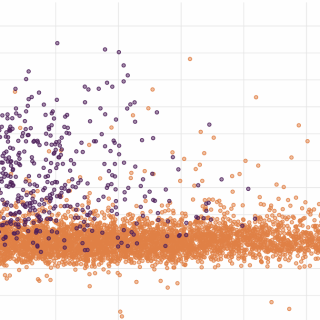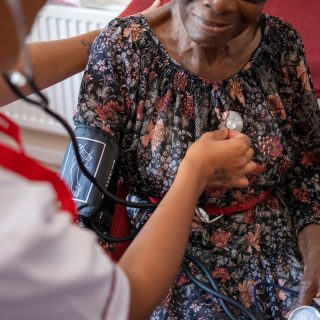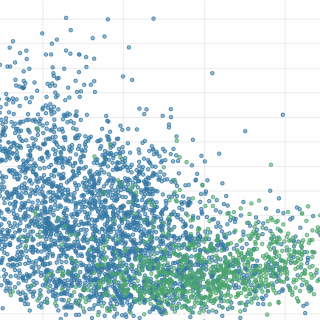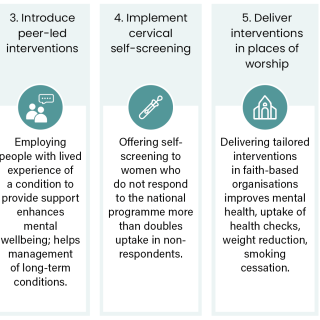Early intervention, lasting change: Why Sure Start matters
This blog explores the vital role of Sure Start in improving children’s physical health, social functioning, and neurodevelopmental health – support eroded by austerity-driven cuts. It presents findings from the first systematic review of Sure Start’s health impacts, showing how early intervention reduced hospital admissions, childhood obesity, and improved school readiness. The evidence is clear: restoring Sure Start is key to tackling health inequities and giving every child a fair start in life.











